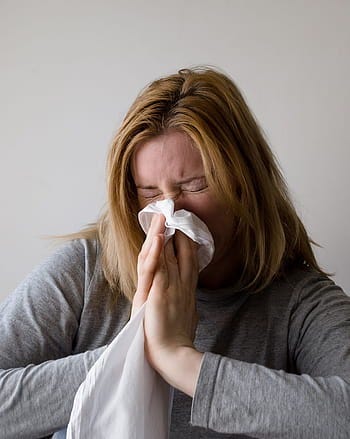
I would like to start with my own experience with allergies. During my early childhood, I used to have a series of skin reactions which were usually very painful as my parents would use a series of cream and ointments on my skin some of them would cause burning sensations all over my body. My parents would have to ”spread” me under the fan for hours for me to get relieved. Nobody knew what was causing the skin reactions and people were beginning to think I had skin diseases. Even the doctors we visited, were not sure either what the problem was. But as I grew older, I became more knowledgeable and with the help of God, I was able to surmount my skin problems. Let’s delve quickly into the subject of discourse.
Allergies, in simple words, are your body’s immune system response to a false alarm. This false alarm signals the presence of foreign substance not typically harmful to every other person. Such substances include: medicines, food, pollen grains, fur, insects, insect bite etc. the list is endless. So when you have an allergic reaction, your body releases a chemical substance called HISTAMINE which causes the allergy symptoms when it binds to particular cells in your body. Also, when you have allergies, your immune system makes antibodies that identify a particular substance as foreign. When you come in contact with such, your immune system can inflame your skin, airways and digestive system.
The symptoms of allergies range from mild to severe and could cause anaphylaxis (a severe life threatening reaction) in some cases. Symptoms include but are not limited to: sneezing, itching, running nose, watery, red or swollen eyes. Allergies could be in different forms, it could be:
· Atopic dermatitis (eczema) — allergic skin reactions that cause the skin to itch, redden, flake or peel.
· Drug allergy – can cause itchy skin, rash, facial swelling, anaphylaxis.
· Insect sting allergy — large area of swelling at the site of sting, itching, cough, asthma
Prevention of allergic reactions depends on the type of allergy you have. General measures include the following:
1. Avoid known triggers: Even if you are treating your allergy symptoms, try to avoid triggers. For example, if you know you are allergic to dust, you should avoid being in a dusty environment or if you can’t avoid it, you could use a handkerchief or better still, a nose mask.
2. Keep a diary: When trying to identify what causes or worsens your allergic symptoms, track your activities and what you eat, when symptoms occur and what seems to help. This may help you and your doctor identify the triggers.
3. Wear a medical bracelet: If you have had a severe reaction, a medical alert bracelet (or necklace) lets others know that you have a serious allergy in case you have a reaction and you are unable to communicate.
#Stay healthy with Goodness
References
Are allergies hereditary?
ReplyDeleteI mean can allergies be traced down line the gene record?
Yes, it is very possible for an allergy to be hereditary. I'm very sorry for my responding this late.
ReplyDelete